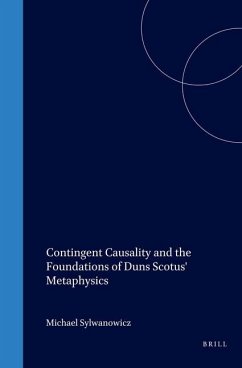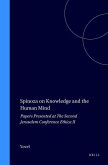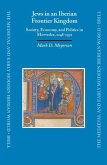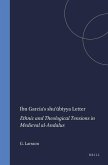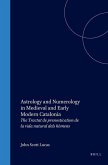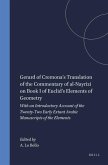This study challenges the current view that the originality of Duns Scotus' notion of contingent causality lies in modal logic. It works as an ontological concept, and so provides a point of entry into the foundations of Duns Scotus' metaphysics. As one of two basic manifestations of the active causal power of being, it points to Scotus' underlying ontology, which can no longer be seen as a failure to attain Aquinas' clarity. We have a positive alternative, capable of generating the characteristic Scotist theses: univocity of being, formal distinction, haecceitas, proof of God's existence from possibility, the producibility of God's ideas. The exploration of the role contingent causality plays in Scotus' and Bradwardine's views on free will and predestination, and Bradwardine's claim that 'God can undo the past', opens the way towards new interpretations.
Hinweis: Dieser Artikel kann nur an eine deutsche Lieferadresse ausgeliefert werden.
Hinweis: Dieser Artikel kann nur an eine deutsche Lieferadresse ausgeliefert werden.

